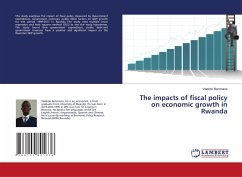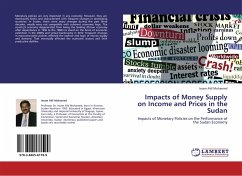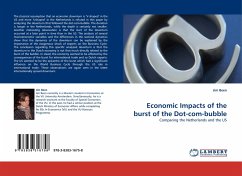
The Negative Impacts of the State Capture and Business Capture
The Negative Impacts of the State Capture and Business Capture on Economic Development: The Case of Azerbaijan
Versandkostenfrei!
Versandfertig in 6-10 Tagen
32,99 €
inkl. MwSt.

PAYBACK Punkte
16 °P sammeln!
This book provides evidence that the high-level state capture and business capture have an adverse effect on the economic development and growth. In this regard, it studies the shadow economy as a negative consequence of grand corruption. The author proves that the shadow economy hinders the attraction of foreign direct investment (FDI), which is considered as a major stimulator of transition period, into economy. For the purposes of the above-mentioned studies, the author uses a microeconomic model in which the negative externalities of the shadow economy caused by the state and business capt...
This book provides evidence that the high-level state capture and business capture have an adverse effect on the economic development and growth. In this regard, it studies the shadow economy as a negative consequence of grand corruption. The author proves that the shadow economy hinders the attraction of foreign direct investment (FDI), which is considered as a major stimulator of transition period, into economy. For the purposes of the above-mentioned studies, the author uses a microeconomic model in which the negative externalities of the shadow economy caused by the state and business capture are explained using microeconomic variables, namely the consumer, the producer, the consumer surplus, the producer surplus, and the equilibrium volume of goods and services. The main hypothesis of the model is that the imposition of indirect taxes (resulting from the state capture and business capture practices) leads to the growth of the shadow economy which adversely affects the growthof GDP and economy as a whole.












